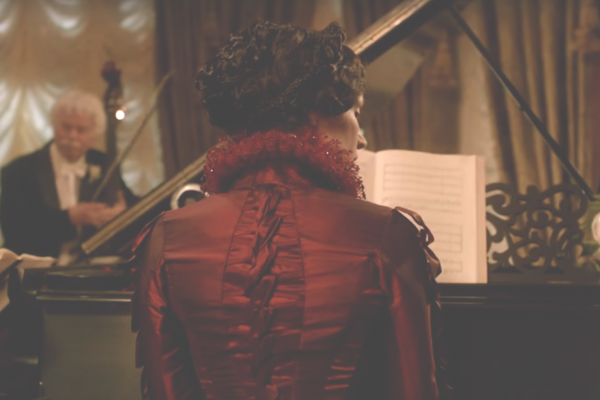Guillermo Del Toro’s atmospheric horror movies usually exhibit an emotionally deep fascination with the supernatural. The director’s ghosts, while frightening in appearance, often don’t actually wish ill on the innocent people they haunt. Instead, they tend to be spectral echoes with unfinished business, who seek revenge and try to warn those still in harm’s way.
While actual discussions of God and religion don’t come into play much in Del Toro’s work, it’s still possible to find this approach deeply spiritual. In each of the worlds he creates, the audience is asked to take the supernatural world as a given — one that exists right alongside our own, with thin barriers that frequently give us brief views (both sublime and terrifying) into the other side. Those brief views throw our own world into sharp relief, showing us the beautiful and ugly realities of real life.
This same approach colors much of gothic literature — a genre that resonates strongly with Del Toro, particularly in his latest entry, the gorgeous, spine-tingling Crimson Peak. It’s a film riddled with characters whose lives are marked by ghosts, both real and emotional. Crimson Peak is not a perfect film, but it does many things well, including the patina of human tragedy it paints on top of its creaking floors.
Read the Full Article

